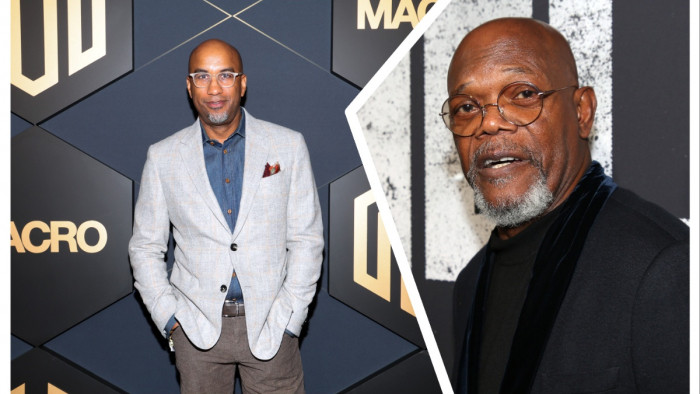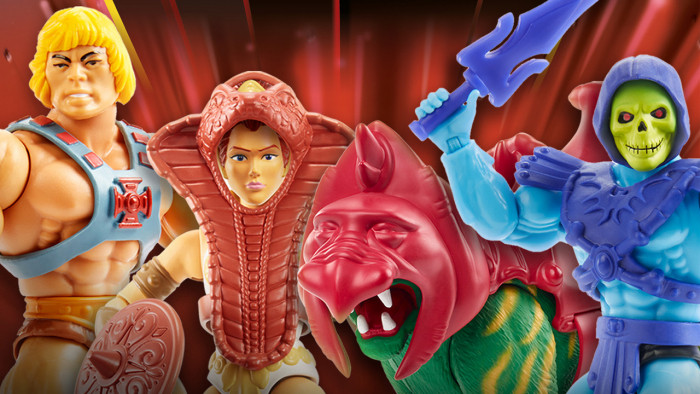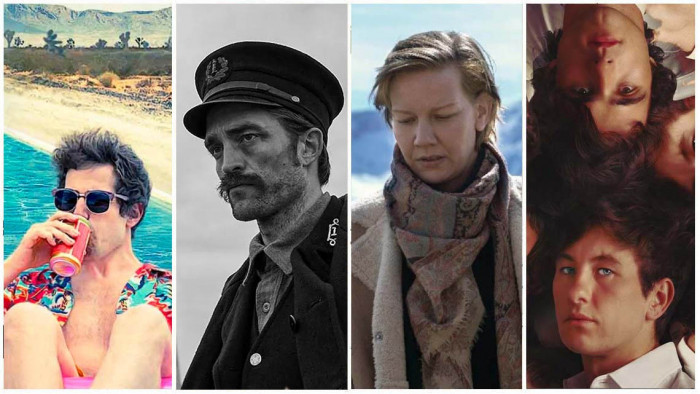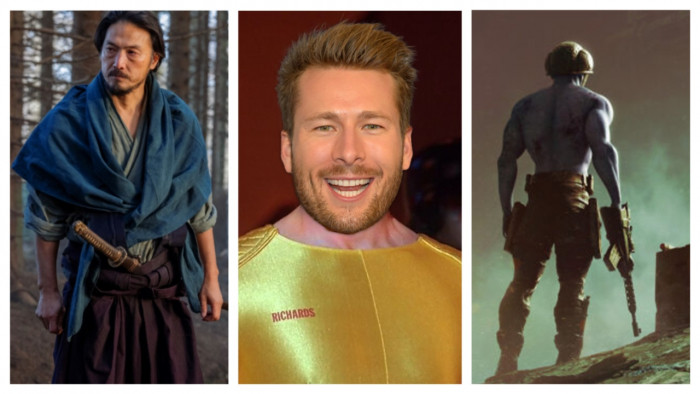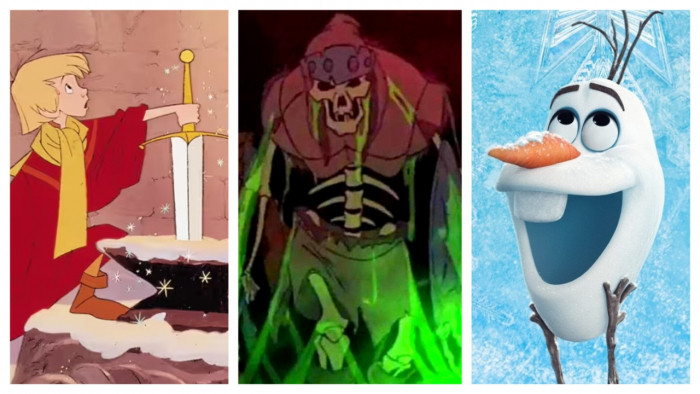It's no great shock that often, a few lies are told in the film industry. But when it comes to the marketing campaigns, we at least hope for a modicum of truth.
The words "true story" have been used rather loosely for years on posters, in trailers and at the start of films themselves. But, it turns out that "rather loosely" is a rather monumental understatement.
We've done some digging and found the films which have stretched this concept the most.
Wolf Creek
The movie: A grim yet undeniably effective Australian horror that follows three backpackers (two Brits and one Aussie) who are captured and then hunted by a sadistic killer in the desolate outback.
The true story: According to the marketing campaign, it was "based on true events", although the word based should have been replaced by 'inspired' as the story, which takes place in 1999, is a fabrication which was a combination of two similar cases. The most likely one was the case of British tourists Peter Falconio and Joanne Lees. Falconio was murdered by a mechanic near Barrow Creek and his girlfriend was tied up. Yet she escaped and the killer was sent away for 28 years.
____________________________________________________________
The Fourth Kind
The movie: Strangely tells the story of a psychologist who encounters alien abductions via two methods: the first is a dramatisation of events with actors playing the roles and the second is the "real footage" of what actually happened.
The true story: The poster, and the film itself, claims that it's all based on true events. But, with a little digging, there's actually no proof whatsoever that it isn't total fiction. It's loosely based on 24 people going missing in a small town but the FBI concluded that "alcohol" was the reason for this. The lead character of Abigail Tyler has been investigated and most have come to the conclusion that she never existed. Lies.
____________________________________________________________
The Strangers
The movie: A middle class couple find themselves besieged by a trio of masked invaders who proceed to break into their house and torture them in variously horrific ways.
The true story: While the campaign for this one did at least use "inspired by true events", that's still an odd choice of words for what is essentially total fiction. Director Bryan Bertino claims that the script is inspired by Helter Skelter, the book about the Manson murders, the Keddie Cabin murders of 1981, and most strangely, an episode from his youth where a stranger came to his house asking for someone who wasn't there.
____________________________________________________________
The Texas Chainsaw Massacre
The movie: A remake of the 1974 horror film, this followed a similar tale of youths coming across a chainsaw-wielding madman and his crazed family. And then dying. Horribly.
The true story: Unlike the original, the 2003 version used the "inspired by a true story" line which, when investigated, proves to be a bit of a stretch. The original story was inspired by Ed Gein, who also influenced Psycho and The Silence of the Lambs. He robbed graves and also killed two women, creating keepsakes from their skin. No chainsaw was ever used...
____________________________________________________________
Hostel
The movie: A group of tourists, two Americsns and an Icelandic, head to Slovakia on the promise of beautiful women. Once at the hostel, they are tortured by businessmen who pay large amounts of money to satisfy their bloodlust.
The true story: The old "inspired by true events" line is used again here but the truth, according to writer and director Eli Roth, is that he came upon a website that has an unproven story about a place in Thailand where people might have paid money to shoot other people, whose families then pocket some of the profit.
____________________________________________________________
(Images: All Star)
Latest
Related Reviews and Shortlists


The 10 best war movies of the 21st century




